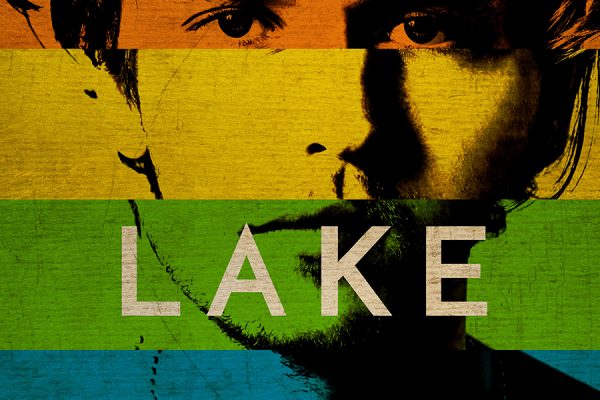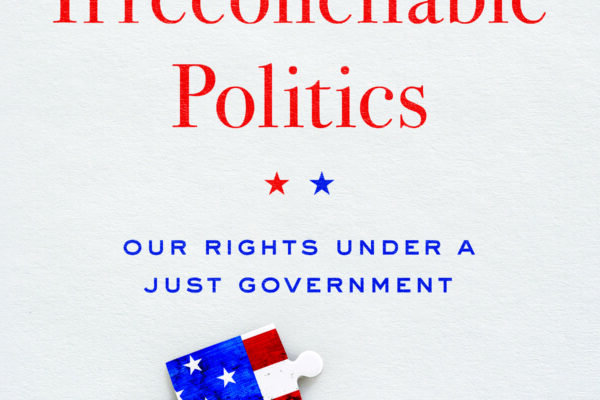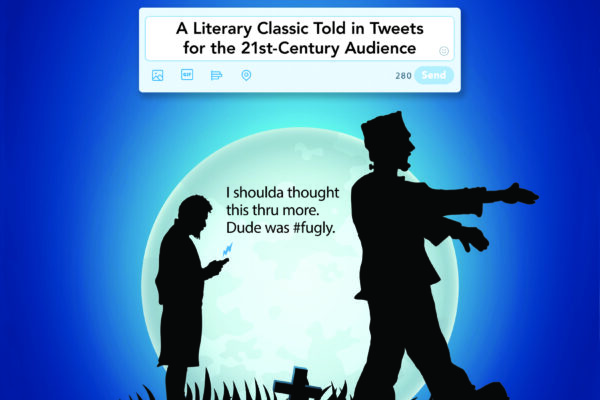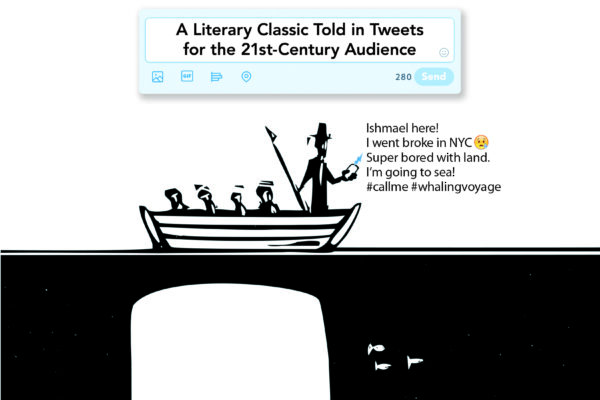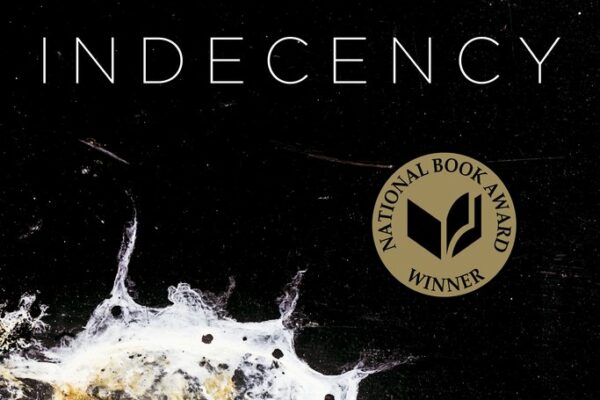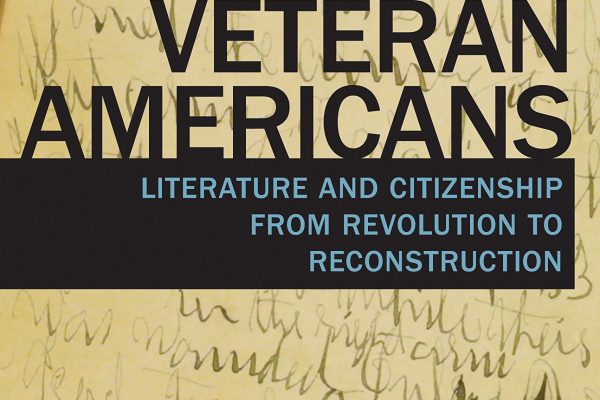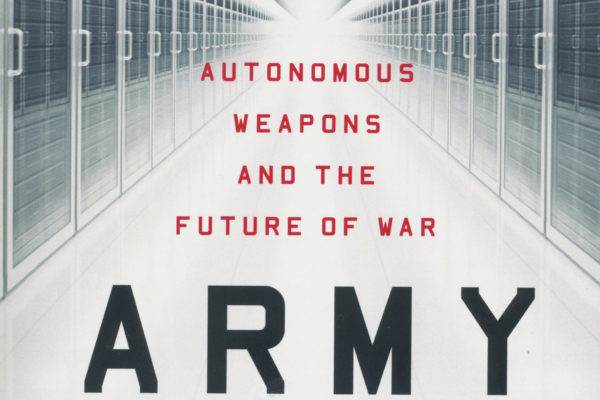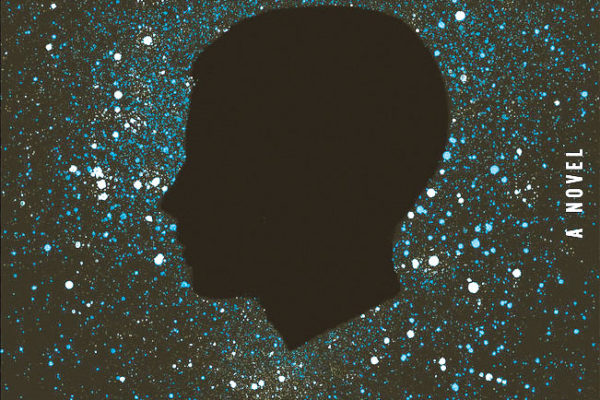The Astronaut’s Son
Jonathan Stein thinks only a bad heart can stop him from reaching the moon. But when he discovers his father may have been murdered to protect an appalling NASA secret, he must decide whether his moral compass still points toward the stars.
Days before the Apollo 18 launch in 1974, Jonathan’s father, an Israeli astronaut at NASA, died of an apparent heart attack. A year before his own launch, in 2005, Jonathan, a typically devout skeptic, becomes captivated by the tale of a mysterious online conspiracy theorist who claims that his father had been killed. Unable to keep buried childhood suspicions from resurfacing, he reopens the case, digging into a past that becomes stranger and more compelling the deeper he goes. When his relentless pursuit of the truth leads to disturbing revelations about the Nazis who worked for NASA, the hardest questions to answer are the ones he must ask himself.
The Astronaut’s Son was inspired by the true story of Nazi scientists and engineers at NASA.
Aesop Lake
After witnessing a hate crime, 17-year-old Leda Keogh must make tough choices about whether to protect her family or to tell the truth.
Irreconcilable Politics
Trained as an economist, Michael Hutchins, AB ’78, uses modern bargaining theory to address one of the most fundamental questions of a democracy: How do we make shared decisions? Hutchins’ book offers a new perspective on understanding social decision making and the concept of freedom.
#Frankenstein; Or The Modern Prometheus
Mike Bezemek, MFA ’08, reimagines Mary Shelley’s classic gothic novel, Frankenstein, as a tale told in tweets.
#Moby-Dick; Or, The Whale
Mike Bezemek, MFA ’08, re-tells Moby-Dick through texts in a hilarious re-imagining of the original Herman Melville novel.
Indecency
Winner of the 2018 National Book Award for Poetry, Indecency by Justin Phillip Reed, MFA’ 15, uses experimental language to explore big ideas of racial inequality, white supremacy and the dominant social order.
Veteran Americans
In this new literary history of early American veterans, Benjamin Cooper reveals how soldiers and sailors from the Revolutionary War through the Civil War demanded, through their writing, that their value as American citizens and authors be recognized.
Army of None
Pentagon defense expert and former U.S. Army ranger Paul Scharre, BS ’01, MA ’06, discusses us what could happen when our advances in AI and technology are applied to weapons.
Oliver Loving
In his third novel, Oliver Loving, Stefan Merrill Block, AB ’04, writes about a town and family dealing with tragedy and hope in the aftermath of a school shooting.
Incidents at Sea
Historian David F. Winkler updates his classic ‘Cold War at Sea’ and examines current day relations that the United States has with Russia and China at sea.
View More Stories

